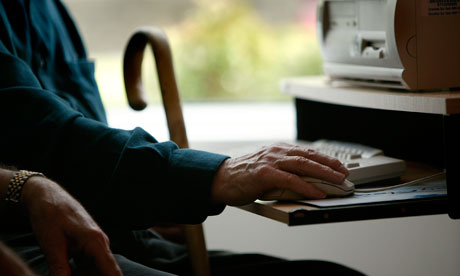Tag Archives: disability
Healthwatch Camden is an independent watchdog that will give carers a stronger voice
A watchdog for patients and carers in Camden to comment on their health services has been launched.
An independent watchdog has been set up for people in Camden to comment on health services in their area An independent watchdog has been set up for people in Camden to comment on health services in their area
Rachael Getzels Saturday, April 27, 2013
A watchdog for patients and carers in Camden to comment on their health services has been launched.
Peer support for service users like Chill4us is for Carers
Why providers should invest in peer support for service users
A group of charitable providers have set up an independent organisation to provide peer support to service users. This approach can help improve service quality, efficiency and flexibility, say Bernd Sass and Sue Taylor.
Providers have long been told of the need to personalise their services and use any such redesign as an opportunity to involve and empower people with support needs. At the same time ‘lived experience’ has been seen as the answer to many problems in access to services and in achieving lasting and positive health and independent living outcomes, not to mention productivity gains. Yet little concrete action has followed from either providers or commissioners to bring the multiple positive effects of peer support to fruition.
Now a consortium of charities in the North East has set up an independent user-led organisation for disabled people in order to change this. Peer Support North East has been established as a community interest company by Age UK, Alzheimer’s Society, Your Voice Counts, Mental Health Matters and Sight Service Gateshead.
It now has 20 mentors who are supporting 350 of their peers a month, with disabled and older people supporting each other across age ranges and impairment groups, cutting across the boundaries between services.







